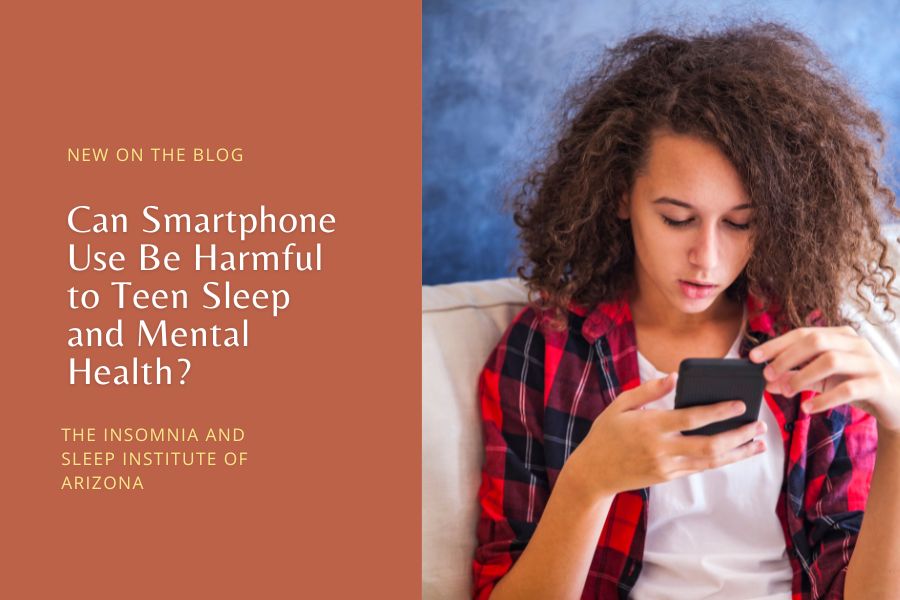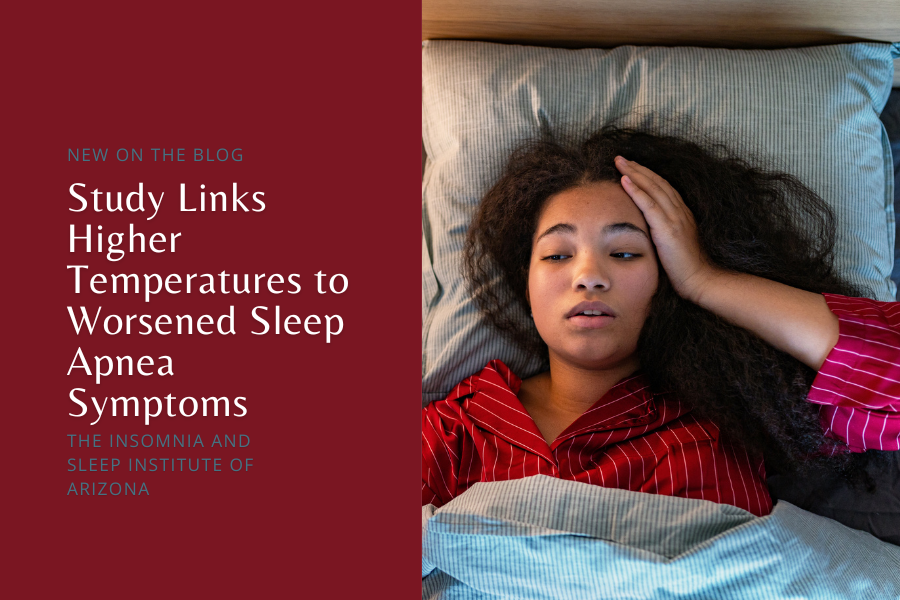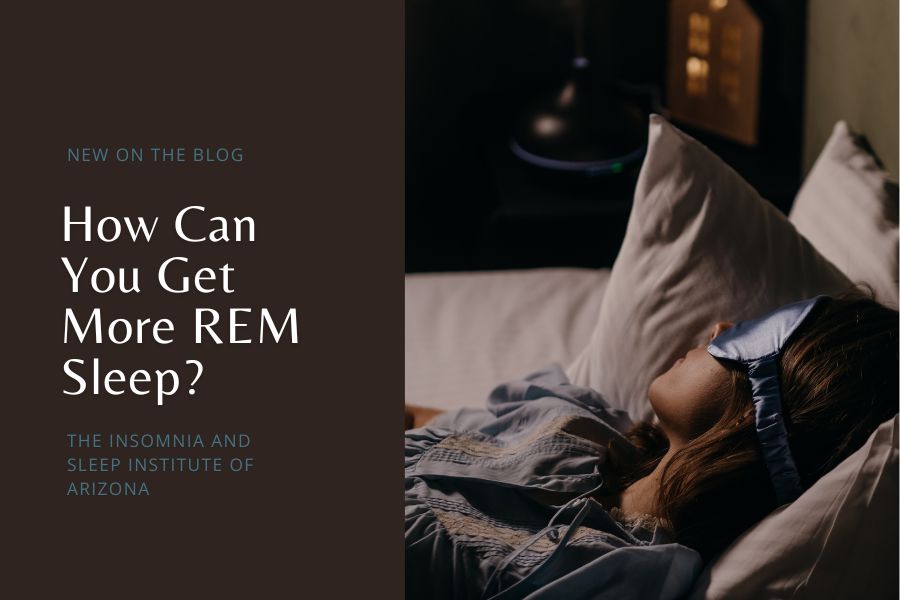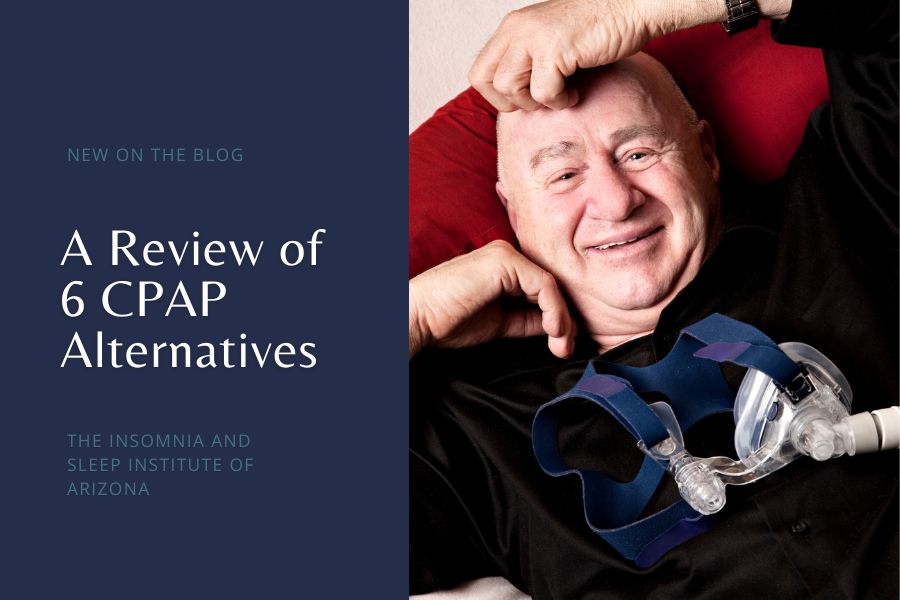Smartphones have become an essential part of our lives, especially for teenagers. While these devices offer countless benefits, from staying connected with friends to accessing information instantly they can also have a downside.
Parents and health professionals are increasingly concerned about the impact of screen time on teen sleep and mental health. Teens glued to their phones may be unknowingly compromising their ability to rest. It’s worth considering how this habit affects their overall well-being.
How Prevalent Is Smartphone Use Among Teens?
Smartphone use among teens is widespread. A 2022 survey by Pew Research Center found that 95% of U.S. teens have a smartphone. This is a significant increase from 73% in 2014-2015.
Almost half (46%) of these teens report being online almost constantly. Social media, messaging apps and online games dominate their screen time. The majority of teens spend several hours each day on their devices.
Globally, the trend is similar. In the UK, a 2021 study revealed that 91% of 12-15 year-olds own a smartphone. These numbers underscore how integral smartphones have become to teenage life. With devices often serving as the primary means of communication, entertainment, and information, teens are rarely offline.
This pervasive use is not without concerns. The surge in screen time raises questions about its impact on physical and mental health, particularly when usage is excessive or occurs at night. The omnipresence of smartphones in teens’ lives has led to growing scrutiny from parents, educators, and healthcare professionals.
Why Is Nighttime Screen Use Particularly Harmful?
Smartphones are a big part of teens’ lives, but using them at night can be harmful. Here’s why.
Impact on Sleep Quality
Nighttime screen use poses several risks. Particularly for sleep quality. The blue light emitted by smartphones is a key factor. Blue light suppresses melatonin production. Which is the hormone responsible for regulating sleep-wake cycles.
When teens use their phones before bed, their bodies are less prepared for sleep. The result could be delayed sleep onset, reduced sleep duration and poorer sleep quality.
Research supports these findings. A study found that teens who use electronic devices at bedtime are more likely to experience insomnia symptoms. Another study revealed that screen time before bed can reduce melatonin levels.
Mental Stimulation and Sleep Disruption
But the impact goes beyond just melatonin. Nighttime screen use also keeps the brain active. Engaging with social media, watching videos, or playing games can be mentally stimulating. This mental engagement makes it harder for the brain to wind down, leading to delayed sleep onset. Additionally, the constant barrage of notifications and alerts can disrupt sleep cycles, causing teens to wake up throughout the night.
Consequences of Poor Sleep
The consequences of poor sleep are well-documented. Teens who do not get enough sleep are more likely to experience mood swings, irritability, and difficulty concentrating. Chronic sleep deprivation has been linked to more serious mental health issues, such as anxiety and depression. A study found that teens who slept less than seven hours a night were more likely to develop depression than those who slept between eight and nine hours.
Social Implications and FOMO
Social implications are also a concern. The pressure to stay connected can lead to late-night texting and social media use, perpetuating the cycle of poor sleep. Teens may feel the need to respond to messages or check updates, even at the expense of their sleep.
This fear of missing out (FOMO) can drive nighttime screen use, further disrupting their sleep patterns. The desire to stay up-to-date with peers can result in extended screen time well into the night, leading to prolonged exposure to blue light and increased mental stimulation.
Long-Term Health Risks
The long-term health risks associated with disrupted sleep patterns are significant. Beyond mental health, poor sleep has been linked to weakened immune function, increased risk of obesity, and impaired cognitive development. For teenagers, who are still in crucial stages of growth and development, these risks are especially concerning.
What Does the Research Say About the Link Between Screen Time and Mental Health and Sleep?
Research has increasingly highlighted the connection between problematic smartphone use (PSU) and mental health issues, particularly anxiety and depression among adolescents.
A recent study titled “There’s more to life than staring at a small screen” provides useful insights into this relationship. Focusing on students aged 13-16 years old in the UK.
Background and Objectives
Over the past decade, smartphone usage has skyrocketed, becoming almost ubiquitous among adolescents. Concurrently, rates of depression and anxiety in this age group have also increased. The study aimed to assess the relationship between PSU and anxiety. Exploring whether excessive smartphone use contributes to heightened anxiety levels.
Methods and Study Design
The study employed a mixed methods cohort design. Enrolling 69 students aged 13-16 from two schools. Participants completed a semi-structured questionnaire at the start of the study (baseline) and again after four weeks. The primary outcome measured was symptoms of anxiety.
Which was assessed using the Generalized Anxiety Disorder Questionnaire (GAD-7). Then exposure variable was PSU, measured through the Smartphone Addiction Scale Short Version. Linear regression was used to evaluate changes in anxiety symptoms. And thematic analysis was conducted on free-text responses to explore participants’ perceptions of smartphone use.
Key Findings
The study revealed significant findings about the impact of PSU on anxiety and other mental health issues:
- Prevalence of Anxiety: Among participants identified with PSU, 44.4% exhibited symptoms of moderate to severe anxiety. In contrast, only 26.4% of participants without PSU showed similar anxiety levels. This stark difference emphasizes the potential mental health risks associated with excessive smartphone use.
- Association Between PSU and Anxiety: The study found a linear relationship between changes in anxiety symptoms and PSU. This indicates that as PSU increased, so did symptoms of anxiety. Suggesting that problematic smartphone use may be a contributing factor to heightened anxiety levels in adolescents.
- Impact on Sleep and Depression: The study also observed that participants with higher PSU scores experienced difficulties with sleep and increased symptoms of depression. The inability to detach from smartphones, especially during nighttime, likely contributes to these issues. The blue light emitted by screens, coupled with the mental stimulation from constant engagement, disrupts sleep patterns, leading to poor sleep quality and exacerbating depressive symptoms.
Themes Identified in Thematic Analysis
Thematic analysis of participants’ free-text responses revealed several key themes regarding their experiences with smartphone use:
- Positive and Negative Effects on Relationships: Smartphone use impacted relationships for 21 respondents. Most found it positive, helping them stay in touch with distant friends and family. However, 7 respondents mentioned negative effects, like feeling distanced from family, increased irritability, and reduced quality of social interactions due to too much phone time.
- Impact on School Performance: Fifteen respondents said smartphones were distracting, with 11 noting a negative impact on schoolwork, leading to less productivity and study time. A few (4 respondents) saw some benefits, like access to online educational resources, while others acknowledged both positive and negative impacts depending on how much time they spent on their phones and other priorities like exams.
- Mixed Effects on Mood: Forty-one respondents discussed how smartphones affected their mood. Twenty-three found that phones helped reduce stress and boredom, but 33 reported negative effects, including feeling worse due to comparisons, cyberbullying, and exposure to disturbing content. Some even mentioned severe impacts like suicidal thoughts.
- Desire to Reduce Smartphone Use: Interestingly, twenty-eight respondents talked about the time they spent on their phones. Half (14) wanted to cut back, while others felt they used their phones too much but were unsure about reducing it. Twelve respondents struggled to control their smartphone use, with some believing it should be a self-driven effort, while others felt they needed outside help to manage it.
Clinical Implications and Recommendations
The findings suggest that interventions are needed to help adolescents manage their smartphone use, particularly those experiencing anxiety and depression. Educating teens about the potential risks of excessive screen time and promoting healthier digital habits could be beneficial.
Additionally, developing support systems, such as counseling or digital detox programs, may help those struggling with PSU to reduce their screen time and mitigate its negative effects on mental health.
The study clearly showed the complicated relationship between smartphone use and mental health in adolescents. As PSU increases, so do the risks of anxiety, depression, and sleep disturbances, highlighting the need for proactive measures to address this growing concern.
How Can Teens Be Encouraged to Use Technology Responsibly and Build Healthy Sleep Habits?
Encouraging teens to use technology responsibly and develop healthy sleep habits is crucial in today’s digital age. But how can this be achieved?
- Set clear boundaries. Parents should establish specific rules regarding screen time, particularly during the evening hours. For example, implementing a no-screen policy one hour before bedtime can help teens wind down and prepare for sleep. Consistency is key. Sticking to these rules, teens are more likely to develop a routine that prioritizes rest.
- Promote screen-free activities. Encouraging teens to engage in activities that do not involve screens can help reduce their dependency on technology. Reading, drawing or playing a musical instrument are excellent alternatives that not only promote relaxation but also foster creativity. Additionally, physical activities like sports or outdoor adventures can significantly reduce stress levels and improve sleep quality.
- Educate on the risks. Teens are more likely to change their habits when they understand the potential consequences of their actions. Discuss the impact of excessive screen time on sleep, mental health, and overall well-being. Share research findings such as those mentioned earlier. Which highlight the link between nighttime screen use, disrupted sleep, and increased anxiety or depression.
- Use technology to manage technology. Several apps and built-in smartphone features can help monitor and limit screen time. For instance, setting up “Do Not Disturb” modes or bedtime reminders can prompt teens to reduce their screen usage as bedtime approaches. Additionally, blue light filters can minimize the impact of screen exposure on melatonin production. Though these should not be seen as a substitute for reducing screen time altogether.
- Lead by example. Parents and caregivers should model healthy screen habits. Demonstrating balanced technology use and prioritizing sleep sets a positive example for teens to follow. This can be particularly effective when combined with family-wide initiatives, such as screen-free dinners or tech-free hours.
- Foster open communication. Regular discussions about technology use and sleep habits can help teens feel supported rather than restricted. Encouraging teens to share their experiences with screen time and sleep can also provide valuable insights into how best to support them.
How Can the Insomnia and Sleep Institute of Arizona Help?
The Insomnia and Sleep Institute of Arizona offers comprehensive care for those struggling with sleep disorders, including insomnia and sleep apnea. With a team of top-rated sleep medicine specialists, the institute provides personalized treatment plans tailored to each patient’s needs.
They use the latest technology and research-backed methods to diagnose and treat various sleep issues, ensuring that patients receive the most effective care possible. Whether it’s through advanced therapies, like CPAP for sleep apnea, or behavioral interventions for insomnia, the institute is dedicated to improving sleep quality and overall health.
References:
Carter, B., Ahmed, N., Cassidy, O., Pearson, O., Marilia Calcia, Mackie, C., & Nicola Jayne Kalk. (2024). “There’s more to life than staring at a small screen”: a mixed methods cohort study of problematic smartphone use and the relationship to anxiety, depression and sleep in students aged 13–16 years old in the UK. BMJ Mental Health, 27(1), e301115–e301115. https://doi.org/10.1136/bmjment-2024-301115
How Sleep Affects Your Health. (2022, June 15). NHLBI, NIH. https://www.nhlbi.nih.gov/health/sleep-deprivation/health-effects
How Blue Light Affects Kids’ Sleep. (2020, September 24). Sleep Foundation. https://www.sleepfoundation.org/children-and-sleep/how-blue-light-affects-kids-sleep
Hale, L., Kirschen, G. W., LeBourgeois, M. K., Gradisar, M., Garrison, M. M., Hawley Montgomery-Downs, Kirschen, H., McHale, S. M., Chang, A.-M., & Buxton, O. M. (2018). Youth Screen Media Habits and Sleep. Child and Adolescent Psychiatric Clinics of North America, 27(2), 229–245. https://doi.org/10.1016/j.chc.2017.11.014
Mary Whitfill Roeloffs. (2024, March 8). Loneliness And Depression In Teens Linked To Lack Of Sleep And Early School Start Times, New Report Shows. Forbes. https://www.forbes.com/sites/maryroeloffs/2024/03/07/loneliness-and-depression-in-teens-linked-to-lack-of-sleep-and-early-school-start-times-new-report-shows/
Moreno, M. A., Binger, K., Zhao, Q., Eickhoff, J., Minich, M., & Yalda Tehranian Uhls. (2022). Digital Technology and Media Use by Adolescents: Latent Class Analysis. JMIR Pediatrics and Parenting, 5(2), e35540–e35540. https://doi.org/10.2196/35540
Oakes, K. (2022, September 15). What’s the right age to get a smartphone? Bbc.com; BBC. https://www.bbc.com/future/article/20220914-whats-the-right-age-to-get-a-smartphone
Pegoraro, R. (2023, December 11). Teens Are Online “Almost Constantly,” Usually on These Apps. PCMAG; PCMag. https://www.pcmag.com/news/teens-are-online-almost-constantly-usually-on-these-apps








